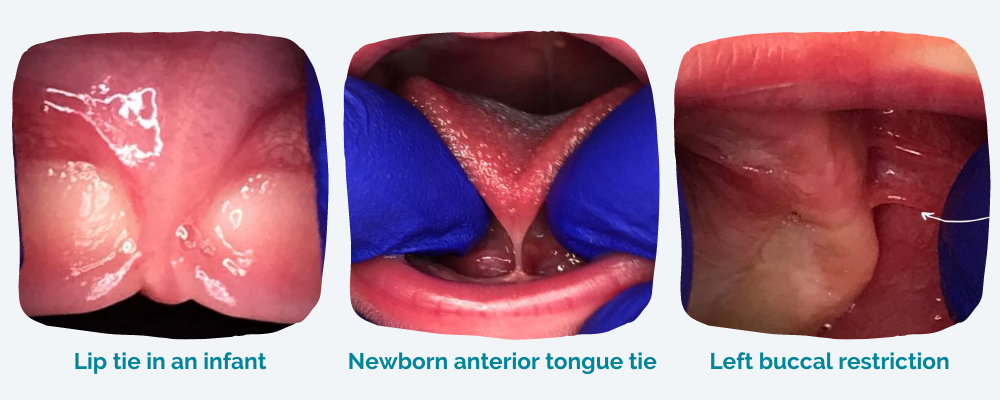Hope you enjoyed your summer! We have had some great times together since the “self isolation” rules were set in place. I’m looking forward to the kids back in school and a little nervous about it, all at the same time. The house is going to be quiet.
I thought I’d talk a bit about oral restricted tissues or “tongue ties”. I feel like we see this as an issue in about 75% of our home visits. Unfortunately in Edmonton right now there are very few specially trained practitioners that do a FULL release (anterior and posterior). It’s not only about the appearance but about the function of the tongue. There are tongue ties that aren’t visible to the eye but are present and cause problems. There are also obvious tongue ties that anyone can see by looking but if the function of the tongue is normal there is no need to intervene.
Tongue ties can be controversial. Please note that an International Board Certified Lactation Consultant (IBCLC) can NOT diagnose a tongue tie! We can only assess oral function and refer to a healthcare professional.
Mychelle and I have extensive training with assessing normal oral function and identifying tethered oral tissues. One of the assessment tools we always use is the The Hazelbaker Assessment Tool for Lingual Frenulum Function (HATLFF). We were trained to use the HATLFF by Dr. Hazelbaker herself! We do, however, use multiple assessment tools to do a complete oral exam at each visit.
From personal experience, when my son was born 10 years ago I didn’t really know about tongue ties. I had enough knowledge as a Labour and Delivery Registered Nurse to know what a good latch was and how to achieve various breastfeeding positions. Breastfeeding was something I knew I wanted to do but I had so much pain. Toe curling pain. The pain was so bad I dreaded the next feed. I tried all the nipple creams available. At one point we thought it could be yeast. I don’t recall if anyone looked in his mouth. I wish I had the knowledge that I do now! However I persevered, breastfeeding my son until he was 18 months old because I am stubborn and I wanted him to have breastmilk. I would never wish that pain on anyone. So how did I find out he has a tongue tie? His orthodontist recently said, “He has quite a tongue tie!!!!!” My mouth dropped.
What is a frenulum?
A frenulum is the membrane underneath the tongue connecting it to the bottom of the mouth.
What is a tongue tie?
A tongue tie is when the frenulum is too short, which affects tongue movement. A baby needs to be able to stick their tongue out and move it high enough to breastfeed effectively, otherwise it is almost impossible to breastfeed.
Signs of a tongue tie
Shallow latch
Your nipples are painful
Gassy baby/reflux
You feel as though you aren’t making enough milk
Slow weight gain
Frequent feeding
Baby might latch well then slide off
Short feeds that are tiring for them
Very long feeds in order to get enough milk
Persistent, painful feeds often described as chomping, grinding
After feeds your nipple may look flattened or lipstick-shaped
Tongue may be heart-shaped or forked in appearance
Baby can’t open wide to latch to the breast
Clicking/smacking sound while breast or bottle feeding
Cough or choke on the “letdown”
Frustration at the breast if milk supply is low or if flow slows
It is so important to work with an IBCLC before and after treatment of a tongue tie. If you choose to have your baby diagnosed we will refer you to the most trusted and experienced professionals in the city. While you are awaiting your appointment, your number one priority is protecting your milk supply, We will give you advice on how to best do that. Mychelle and I will teach oral exercises to be done before and after treatment and ensure you are prepared for the treatment day by reviewing the procedure. After a tongue tie release, babies need to learn how to use their “new” tongues and often you are starting from the beginning with latch and positioning. We will be there for you after the treatment to ensure latch, positioning and post care exercises are done correctly and also to teach suck training exercises.
It is important to note that not all babies treated for tongue tie will breastfeed with ease! Keep it in the back of your mind that it might not work and be prepared to explore other avenues if need be (we have suggestions for that too). If this is something you have been anxious about or have struggled with previous babies, you are not alone! Many other moms struggle with this “under discussed” issue and we have the information you need to support and assist you!
Melissa, RN, IBCLC






